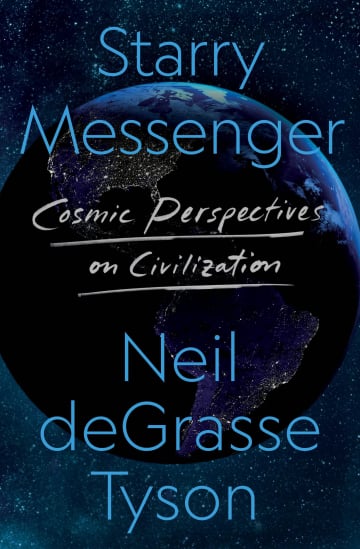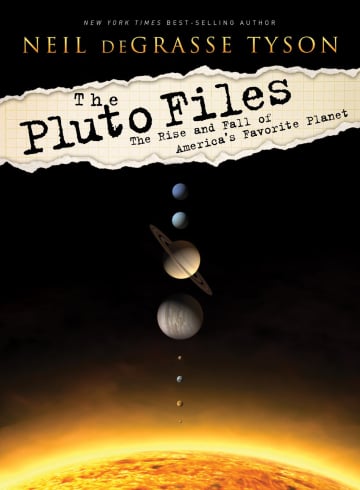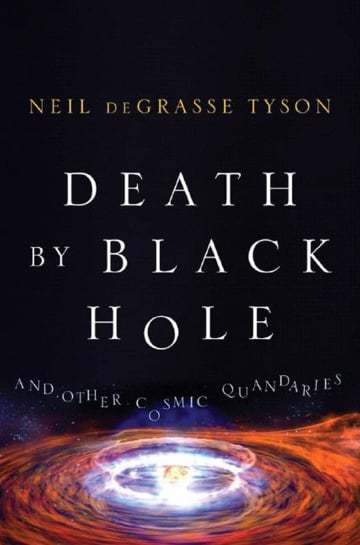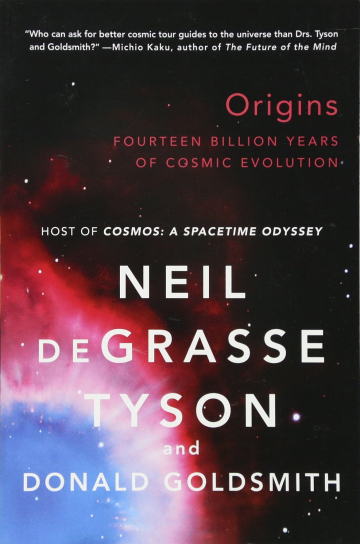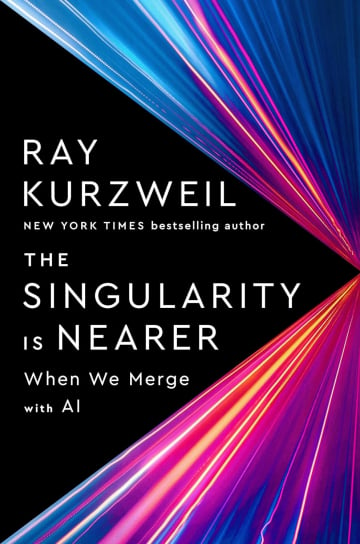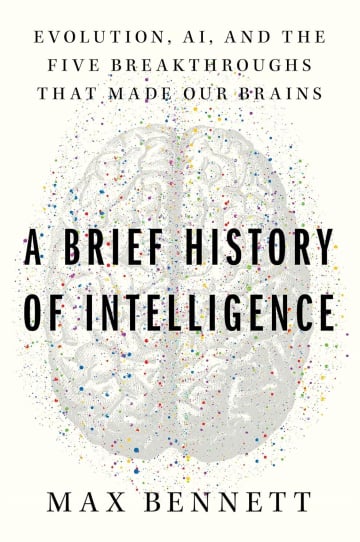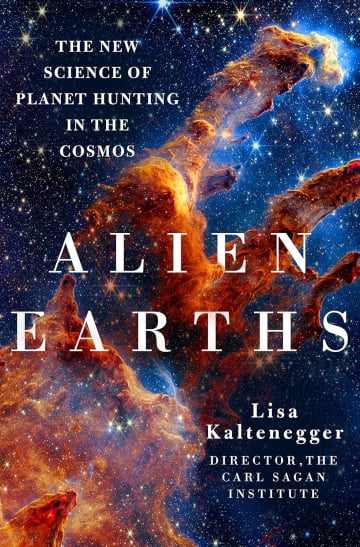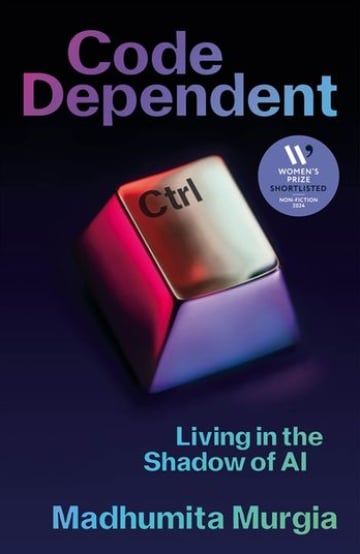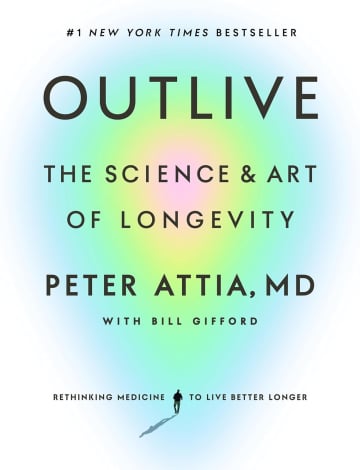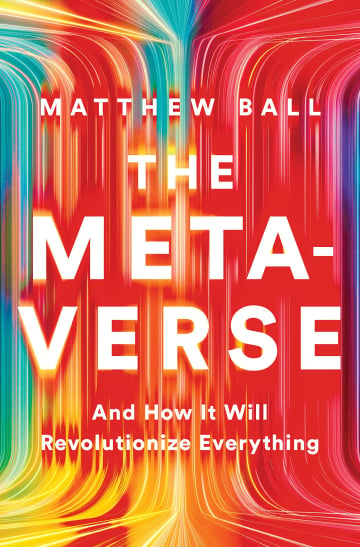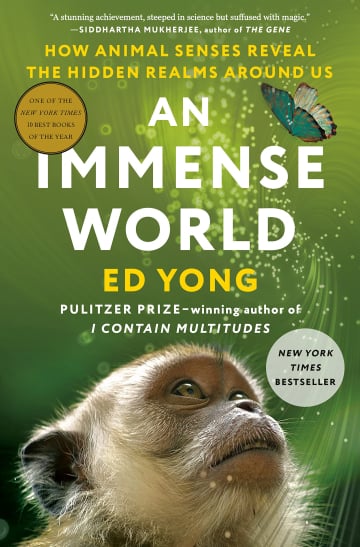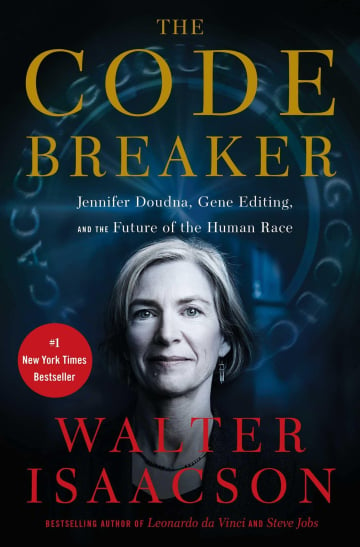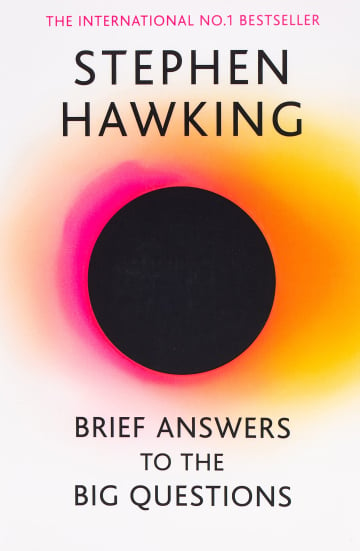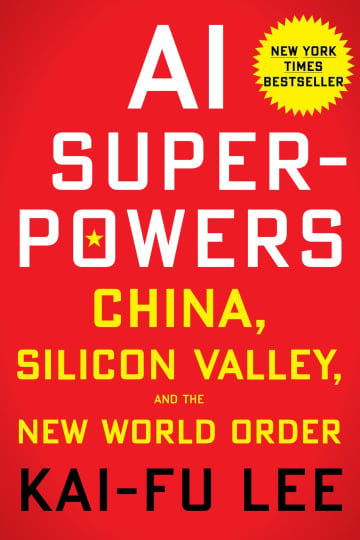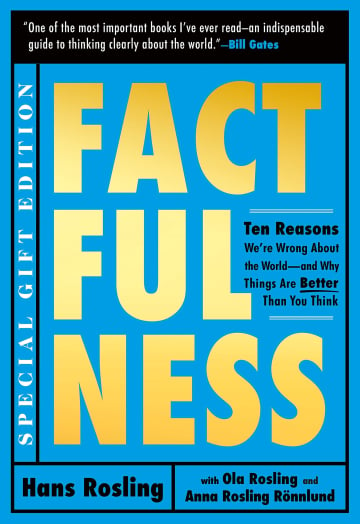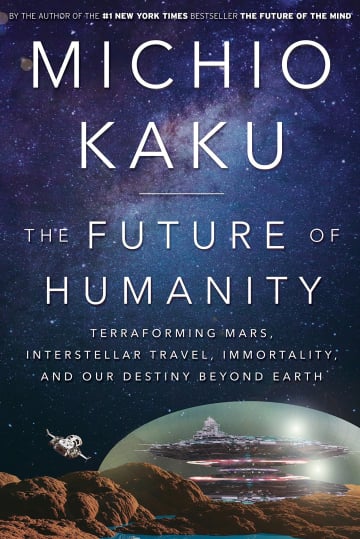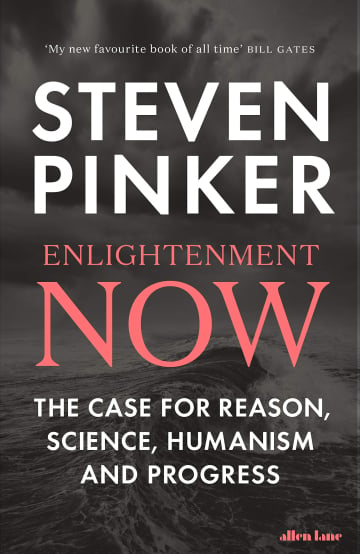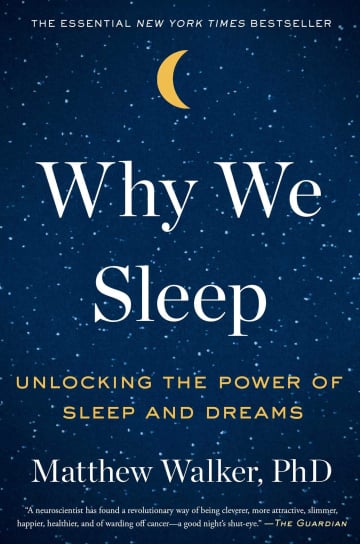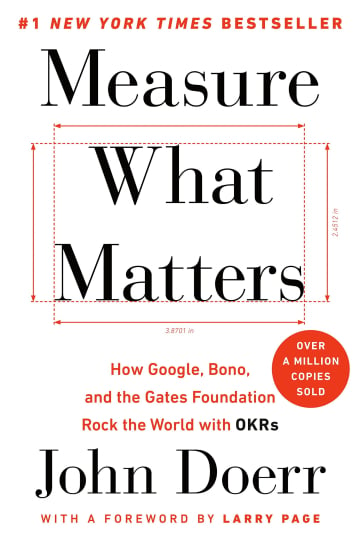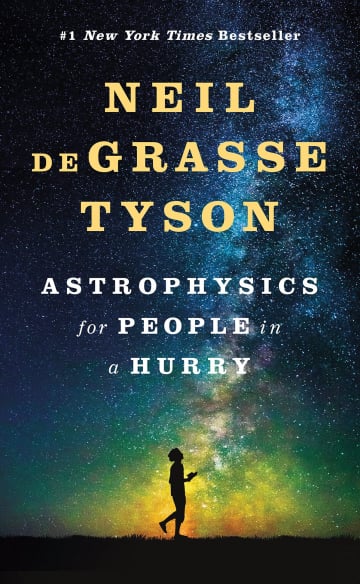
Astrophysics for People in a Hurry
⚡️ 10 Quotes from the book
“In the beginning, nearly fourteen billion years ago, all the space and all the matter and all the energy of the known universe was contained in a volume less than one-trillionth the size of the period that ends this sentence.”
“Einstein’s general theory of relativity, put forth in 1916, gives us our modern understanding of gravity, in which the presence of matter and energy curves the fabric of space and time surrounding it.”
“The power and beauty of physical laws is that they apply everywhere, whether or not you choose to believe in them. In other words, after the laws of physics, everything else is opinion.”
“Our own spiral-shaped galaxy, the Milky Way, is named for its spilled-milk appearance to the unaided eye across Earth’s nighttime sky. Indeed, the very word “galaxy” derives from the Greek galaxias, “milky.””
“The universe in recent decades was discovered to wield a mysterious pressure that issues forth from the vacuum of space and that acts opposite cosmic gravity.”
“In 1929, the American astrophysicist Edwin P. Hubble discovered that the universe is not static. He had found and assembled convincing evidence that the more distant a galaxy, the faster the galaxy recedes from the Milky Way.”
“The most accurate measurements to date reveal dark energy as the most prominent thing in town, currently responsible for 68 percent of all the mass-energy in the universe; dark matter comprises 27 percent, with regular matter comprising a mere 5 percent.”
“In a trillion or so years, anyone alive in our own galaxy may know nothing of other galaxies. Our observable universe will merely comprise a system of nearby, long-lived stars within the Milky Way.”
“The cosmic perspective opens our eyes to the universe, not as a benevolent cradle designed to nurture life but as a cold, lonely, hazardous place, forcing us to reassess the value of all humans to one another.”
“The day our knowledge of the cosmos ceases to expand, we risk regressing to the childish view that the universe figuratively and literally revolves around us.”
Related videos
Follow the author
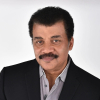
Neil deGrasse Tyson is an American astrophysicist, cosmologist, and science communicator. Since 1996, he has served as the director of the Hayden Planetarium in New York City. Tyson received the NASA Distinguished Public Service Medal and the Public Welfare Medal from the U.S. National Academy of Sciences for his exceptional efforts in promoting science.
Publications
The Washington Independent Review of Books: A slim but satisfying read about the nature of the universe from one of America’s leading scientists
The Christian Research Institute: Missing the Signposts: A Review of Astrophysics for People in a Hurry by Neil DeGrasse Tyson
Medium: Book Review: Astrophysics for People in a Hurry by Neil deGrasse Tyson
Kirkus Reviews: A sublime introduction to some of the most exciting ideas in astrophysics that will leave readers wanting more.
Ask Albert:
Rate the book
⚡️ Discover Even More Bookish Wisdom
recommends
recommends
recommends
recommends
